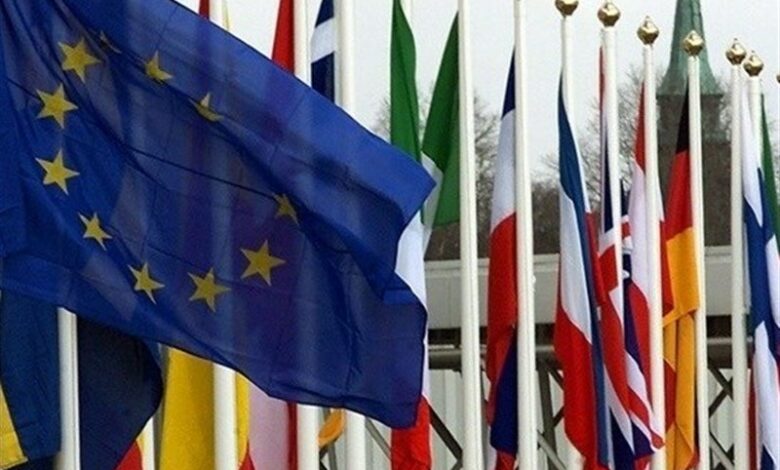5 important challenges facing the European Union after the parliamentary elections

| In an article, a western media discussed five difficult and important challenges facing important European institutions after the upcoming parliamentary elections and stressed that the next legislative period will be very stressful for the European Union. |
After the European elections on June 9, the new term of the European Parliament will begin and the EU Commission will be reorganized in the autumn. will be. Big challenges await both of these European institutions. This German media continues to review the most important issues in EU policy for the next five years.
The author further points to the issue of EU expansion as one of the challenges facing this union in the next legislative period. and wrote: The planned accession of Ukraine, Moldova and Western Balkan countries to the European Union will bring many demands from this Union. In the new electoral period until 2029, the accession of Montenegro will be completed at most, but the EU must now prepare for a large, high-speed expansion, and painful reforms await the organization. Meanwhile, many disputes are inevitable, and not only about the speed of expansion. The pressures will be high and the accession negotiations with Ukraine will begin immediately after the elections, and Kiev wants to complete them quickly. And he wrote, the preparation of the new financial planning for the years 2028 to 2034 should begin quickly after the European elections. There is a lot of political explosive material along the way: the EU should help Ukraine, invest in security, but also plan for the fact that accepting new EU countries will cost billions over a long period of time. So the question is, where should the money be saved? French President Emmanuel Macron is currently calling for a doubling of the EU budget and new debt for investment. Of course, Germany as a larger net contributor will be especially challenged in this situation.
The next issue is the new security policy in this union. The European Union should respond to the Russian threat by changing the direction of its security policy. More aid to Ukraine remains an ongoing challenge: the EU has to mobilize more ammunition, weapons and money. Disagreements are inevitable as willingness to help is now clearly reduced in many member states.
There will probably be a dedicated defense commissioner responsible for strengthening Europe’s defense industry. The plan aims for further weapons efforts, also with EU money. The rapid reaction force of the European Union with 5000 soldiers should also be established quickly.
The author further pointed out the challenge of the European Union’s competitiveness in the next legislative period and wrote: “Europe’s competitiveness is at risk of falling behind the competition.” It is universal. The EU Commission will have a lot to make up for: targeted support for strategic investments and innovations, strengthening the internal market, the single capital market and reducing bureaucracy have recently increased the regulatory burden on the economy. The question of how the European Union will act against unfair distortions of competition, especially from China, but also from the United States, is a challenging issue. If the planned punitive tariffs on Chinese electric cars are implemented this year, there is a risk of a massive trade conflict with China. He wrote: The green environmental agreement with the ambitious goals of climate protection enters the implementation stage. Parliament and the Commission should make reforms in some areas, for example when considering the controversial ban on combustion engines, without undermining climate goals. This will be a balancing act that will create a lot of tension, especially in the European Parliament. The EU should probably provide more money to rebuild the climate-friendly economy.
end of message/
| © | Webangah News Hub has translated this news from the source of Tasnim News Agency |


